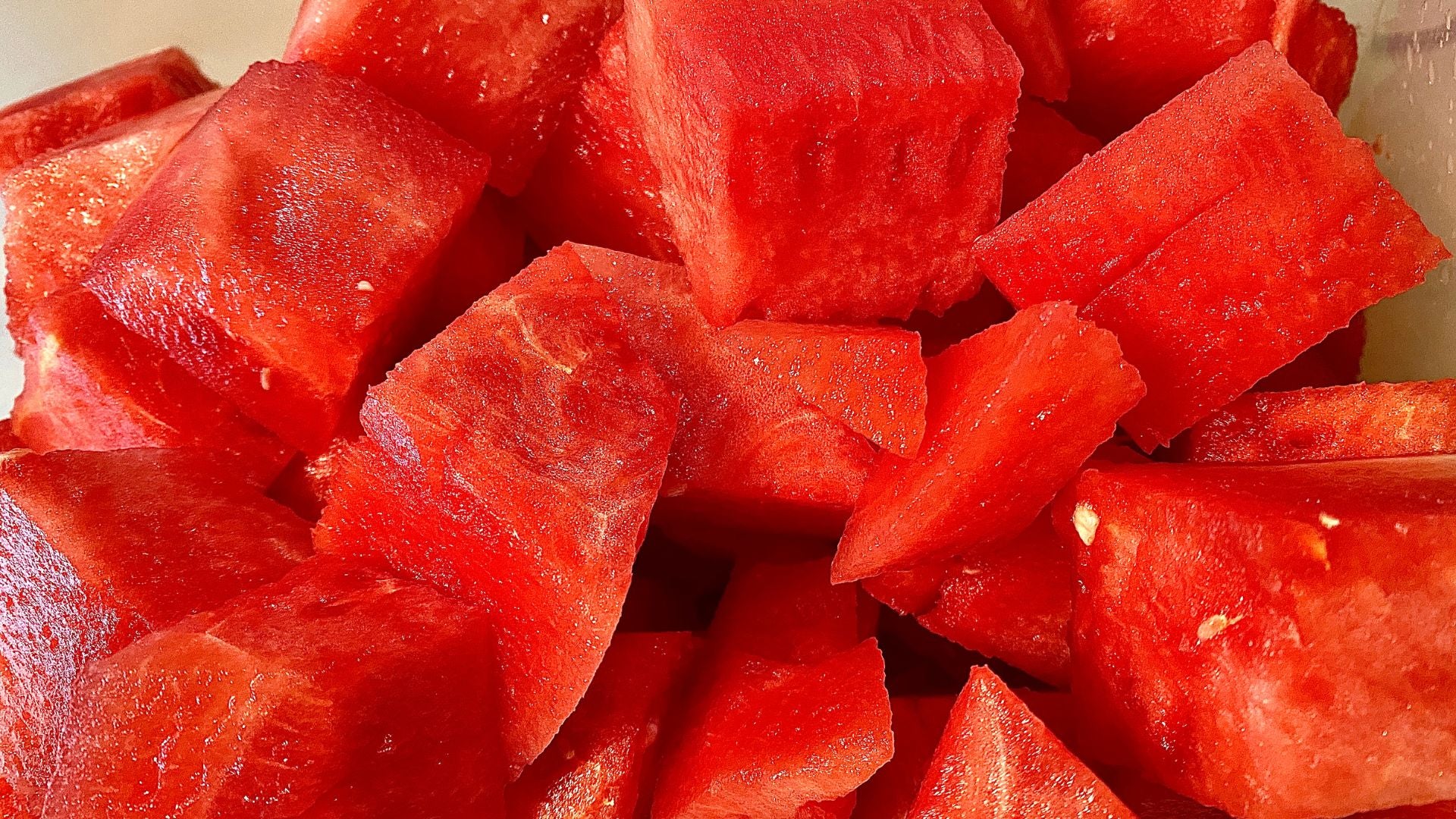
5 reasons to eat your water
Water makes up for 60% of a healthy adult’s body mass, yet according to some polls in the UK, only one 1 out of 10 people drink enough water. Hydration is important for delivering nutrients to cells, lubricating the joints, maintaining normal organ functioning and regular heartbeat, and regulating body temperature. So, eating your water can help add to the daily hydration targets, which is 30ml of water per kilogram of body weight.
Aside from essential body functioning, here are a few more practical reasons for eating your water:
- Headaches - A common cause of headaches is the lack of hydration.
- Energy levels - Insufficient hydration can manifest as feeling sluggish.
- Hunger - It is not rare to confuse thirst with hunger and continuously to be drawn to snacking when the body really needs hydration.
- Meal satisfaction - Including more water-rich foods encourages to experiment with new foods in your staple meals, such as berries or watermelon in a salad or cabbage and celery in a stew, which makes meals more interesting. Meal variation is an important factor in how satisfied you feel after eating. You probably know the feeling of eating the same boring meals day in and day out, only to go looking for something else afterwards, despite being physically full.
- Gut health - Hydration helps reduce transit time, which is an important indicator of how well the gut is operating. Moreover, water-rich foods like berries are a source of fibre and plant polyphenols that are essential to a healthy and diverse gut microbiome. Lastly, when increasing fibre intake, it is important to drink (or eat) more water, as fibre draws more water into the bowel, which means that more water is leaving your body.
You can eat your water by including more water-rich foods, such as strawberries, cucumber, raspberries, spinach, celery, grapefruit, courgette, cabbage, carrots, melon and watermelon.



